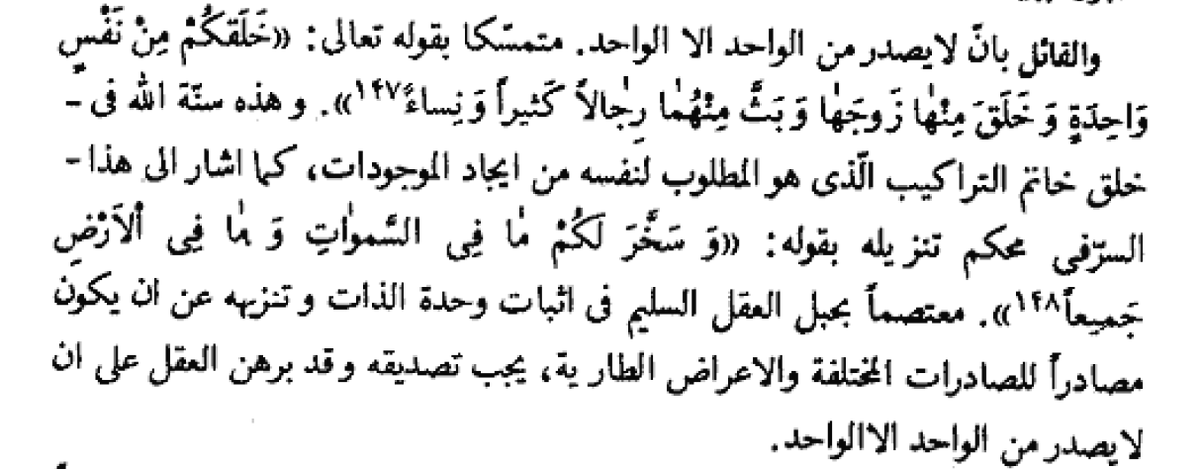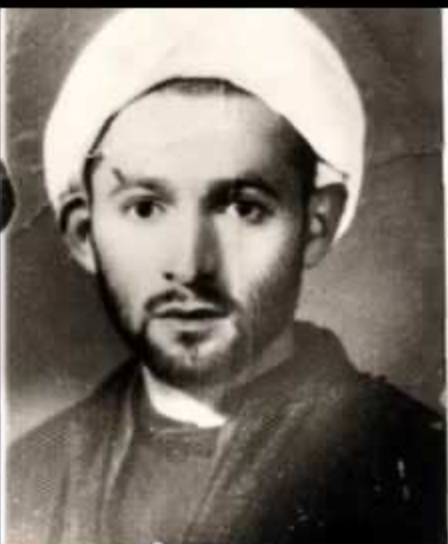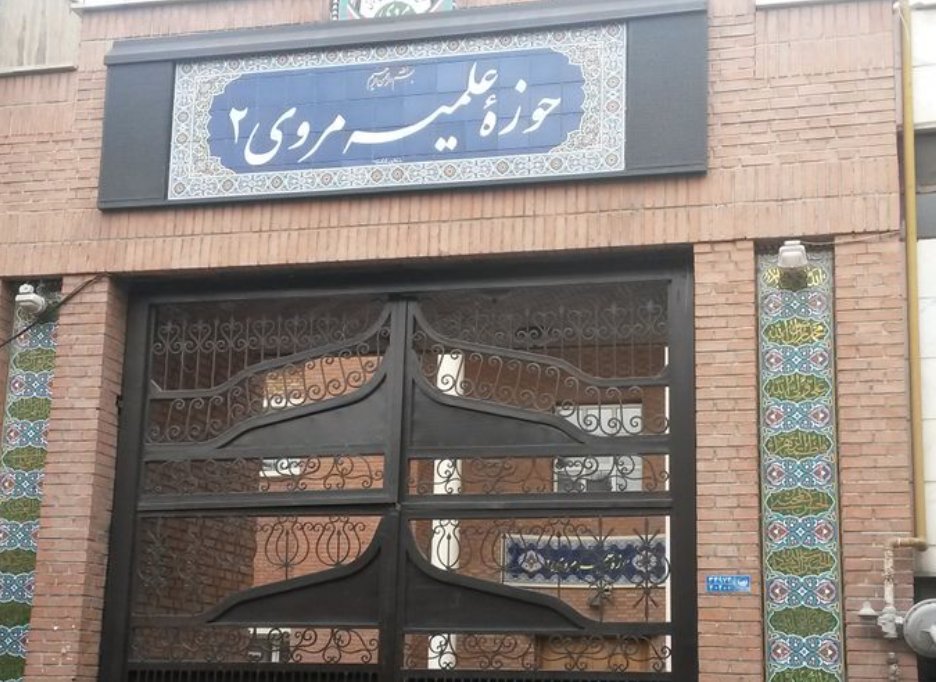This is the #Sufi ʿAlāʾ al-Dawla Simnānī (d. 1336) in his al-ʿUrwa li-ahl al-khalwa waʾl-jalwa supporting the famous Avicennian maxim ex uno non fit nisi unum 1/ 

But he goes on criticise both philosopher and theologians for failing to understand that the principle entails both a point of ontology and of epistemology 2/
It entails the absolute nature of God's creative agency - he is sole creator and all issues from the effect of his theophany through 'pure being' (al-wujūd al-muṭlaq) 3/
and it also entails the singularity of recognising the need to know God through what he has made known to humans - there is a singular source of knowledge as well as of being 4/
For more on the philosophical history of this principle, see Wahid Amin's recent article academia.edu/43289772/_From… 5/
• • •
Missing some Tweet in this thread? You can try to
force a refresh
















